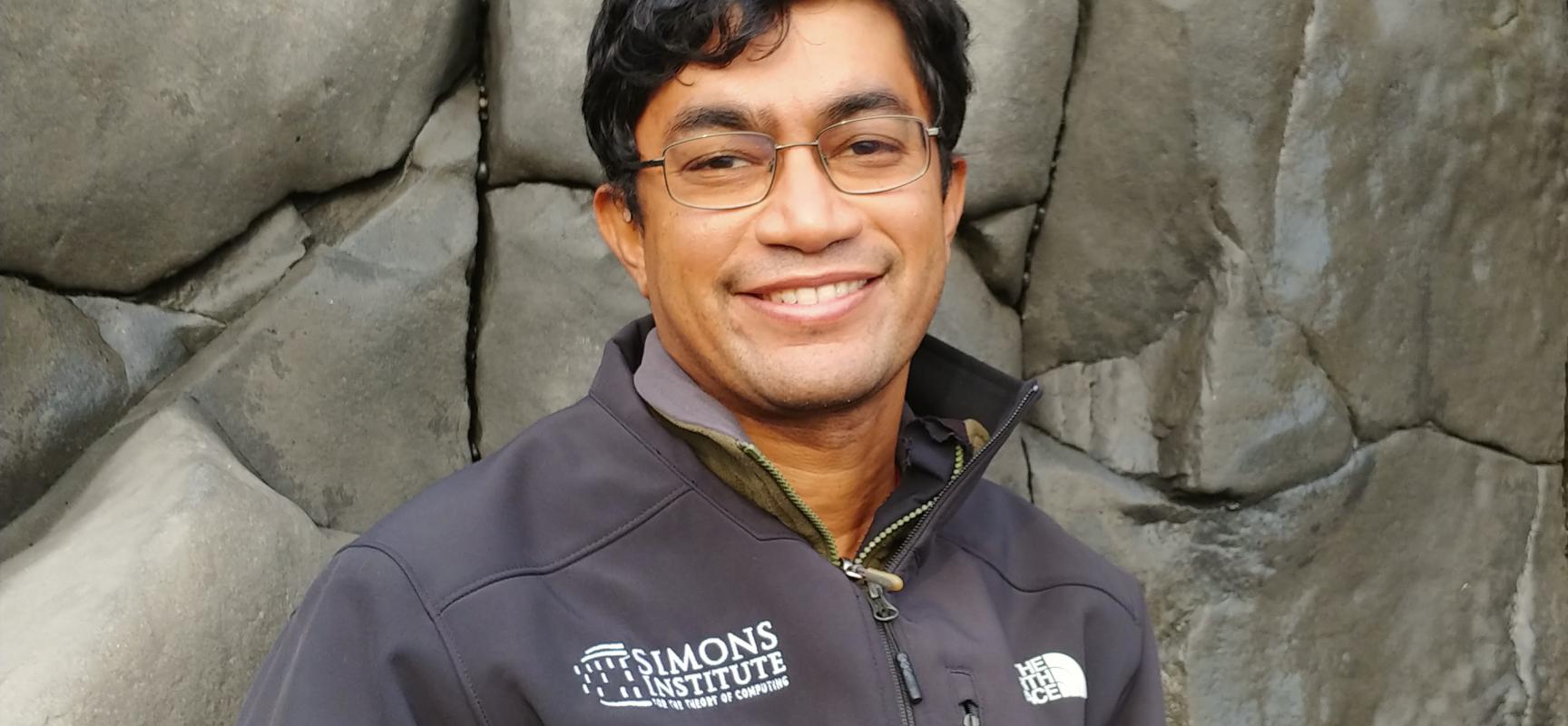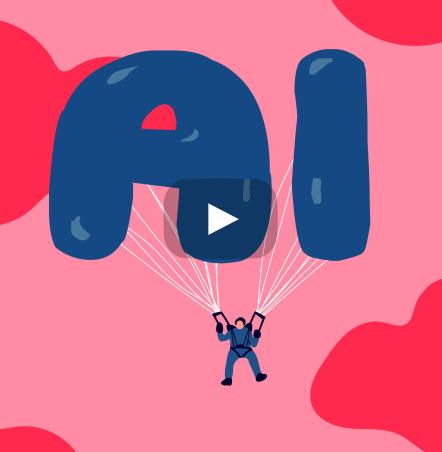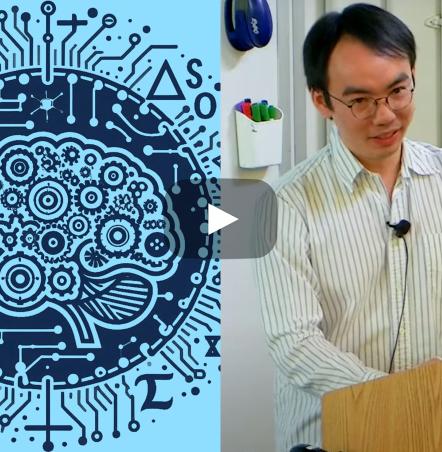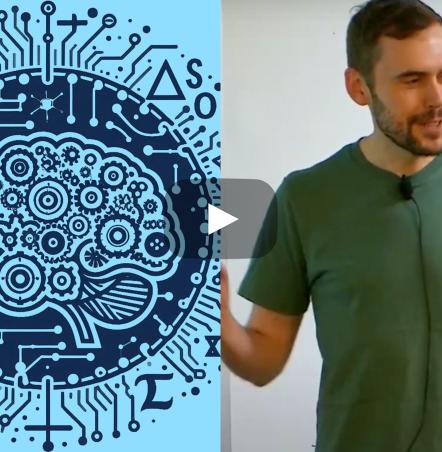Letter from the Director, October 2023

Dear friends,
Greetings from Berkeley. At the Simons Institute, we are halfway through a vibrant semester of research and discovery. At the same time, like many of you, I am troubled and deeply saddened this week by the news of the enormous suffering and loss of life in Israel and Gaza. The series of devastating earthquakes in Afghanistan is also heartwrenching. I’m pleased to share news from the Institute with you, but must also acknowledge that all this is happening amidst a lot of turmoil elsewhere in the world.
The program on Logic and Algorithms in Database Theory and AI has brought together at the Simons Institute researchers from database theory, complexity, and knowledge representation. The subtle interaction between various logics and the algorithms that they inspire and the complexity limits they face has a renewed focus in this program, spurred by many developments in the last decade. Facets of constraint satisfaction and fine-grained complexity, popular topics in mainstream theory, seem pervasive, so it should be an exciting semester of timely cross-disciplinary interactions.
The program on Data Structures and Optimization for Fast Algorithms is a timely one on the heels of a veritable revolution in the design of ultrafast algorithms for foundational bread-and-butter computational problems. Beyond the truly astounding results themselves, this modern suite of algorithmic advances is particularly exciting due to the surprising interplay between methodologies — such as applying continuous optimization methods to solve combinatorial problems, dynamic data structures to solve static problems, and sketching techniques to solve problems without memory limitations — which in unison have led to results unimaginable previously. The program has convened together leading researchers in dynamic graphs, optimization, and sketching to further develop this confluence of advanced algorithmic techniques.
In August, the Simons Institute hosted a hugely popular workshop on Large Language Models and Transformers, showcasing the Institute’s strong commitment to be a trendsetter for the role of theory in an ever-evolving computing landscape, and its societal implications. We are showcasing the workshop in this month’s newsletter with an in-depth feature. Particular highlights include a talk by OpenAI cofounder and chief scientist Ilya Sutskever, a presentation on LLMs and copyright law by Pamela Samuelson of Berkeley Law, and a thought-provoking panel discussion, all of which are featured in our SimonsTV corner this month.
Nikhil Srivastava joined the Institute as a senior scientist this summer. I sat down with him last month to discuss his research and his new role. I’m delighted to share that conversation with you here, in the latest installment of our Polylogues web series.
The Simons Institute made some appearances in the popular press last month. Our recent science communicator in residence, Lakshmi Chandrasekaran, published an article in Quanta Magazine on the use of machine learning for modeling quantum systems, highlighting research presented at a workshop at the Simons Institute this July. And Pulitzer Prize–winning science writer Elizabeth Kolbert wrote in The New Yorker about research by Shafi Goldwasser and collaborators on using machine learning to decode sperm whale communication.
And finally, to close with a bit of good news: Peter Bartlett has received the UC Berkeley Chancellor’s Distinguished Service Award, in recognition of his exceptional contributions as the Simons Institute’s associate director, from 2017 to 2022. Please join us in congratulating him.
As always, you can find us on YouTube, Twitter/X, and Facebook. And I look forward to seeing you in person in Berkeley.
Best wishes,
Venkat
Venkatesan Guruswami
Acting Interim Director





